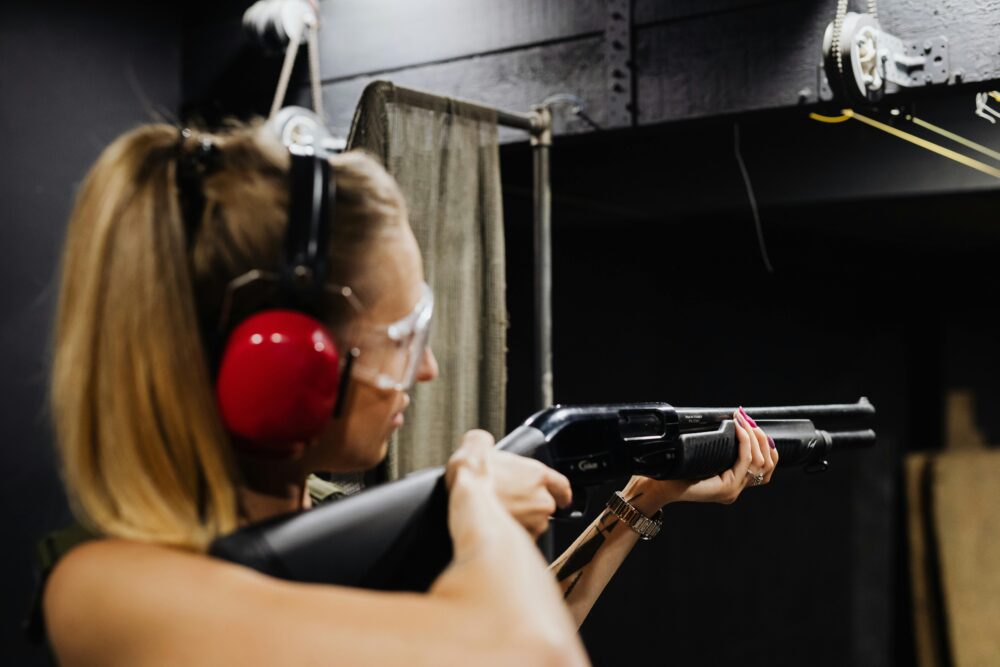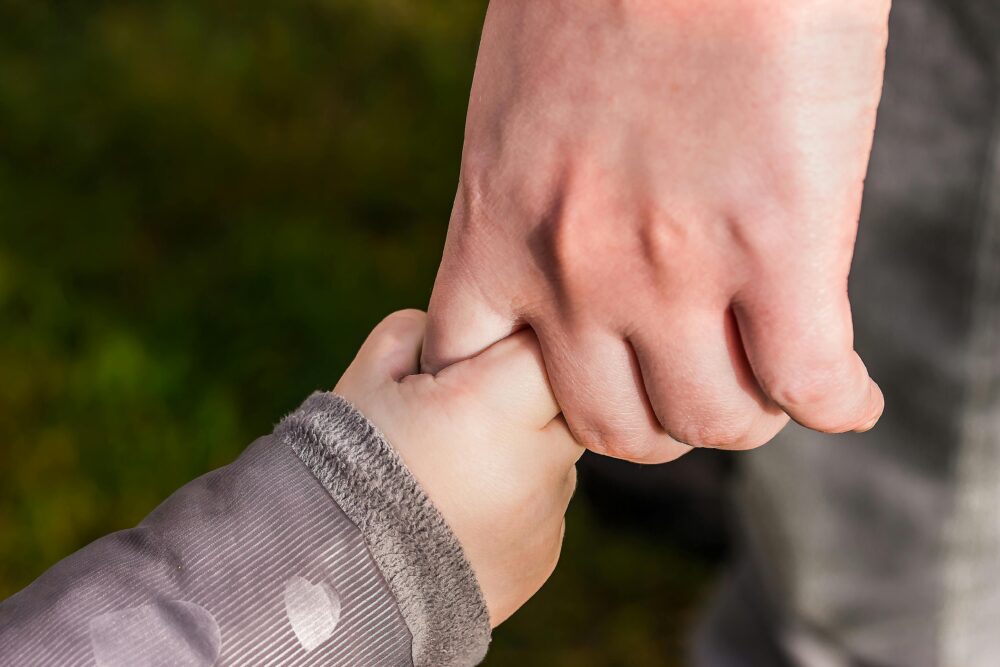- The Importance of Firearm Safety: A Guide for Responsible Owners

Photo by Pexels
Firearms are powerful tools that demand respect, knowledge, and responsibility. Whether you own a gun for personal protection, sport, or hunting, understanding and practicing firearm safety is essential. Neglecting these principles can lead to tragic accidents, legal consequences, and irreversible harm. This guide explores why firearm safety matters and provides practical steps for responsible ownership.
Understanding the Core Principles of Firearm Safety
At the heart of firearm safety are a few universal rules that every gun owner should follow. These include treating every firearm as if it is loaded, keeping your finger off the trigger until ready to shoot, and never pointing a gun at anything you do not intend to destroy. These principles are simple but lifesaving. They create a mindset of caution and respect that prevents careless mistakes.
Secure Storage: Protecting Lives and Property
One of the most overlooked aspects of gun ownership is secure storage. Firearms should always be stored in a locked safe or cabinet when not in use, with ammunition kept separately. This prevents unauthorized access, especially by children or individuals unfamiliar with firearms. Modern solutions like biometric safes and quick-access lockboxes offer convenience without compromising safety. Investing in proper storage is not just a precaution—it’s a responsibility.
Maintenance and Equipment: Keeping Your Firearm Reliable
Regular maintenance ensures your firearm operates safely and effectively. Cleaning after use, inspecting for wear, and replacing worn parts are essential practices. Additionally, choosing the right accessories can enhance both safety and performance. For example, mounting optics securely is critical for accuracy and reliability. Products like the vortex defender ccw mounting plate provide a stable platform for optics, reducing the risk of misalignment and ensuring consistent performance. Responsible owners understand that quality equipment contributes to safe handling.
Training and Education: Building Confidence and Competence
Owning a firearm without proper training is a recipe for disaster. Comprehensive education—whether through certified courses, range practice, or online resources—teaches safe handling, situational awareness, and legal responsibilities. Training builds confidence and competence, reducing the likelihood of accidents. Many ranges offer beginner-friendly classes that cover everything from basic operation to advanced defensive techniques. Continuous learning is key; even experienced shooters benefit from refresher courses.
Legal and Ethical Responsibilities of Gun Ownership
Firearm safety extends beyond physical handling—it includes understanding the laws that govern ownership and use. Regulations vary by state and locality, covering aspects such as concealed carry, transportation, and storage requirements. Ignorance of these laws can lead to severe penalties. Ethical responsibility is equally important: using a firearm should always be a last resort, and owners must prioritize de-escalation whenever possible. Responsible ownership means respecting both the law and the sanctity of life.
Conclusion
Firearm safety is not optional—it is the foundation of responsible ownership. By following core principles, securing your weapons, maintaining equipment, seeking training, and honoring legal and ethical obligations, you protect yourself and those around you. A firearm can provide security and recreation, but only when handled with care and respect. Make safety your top priority every time you pick up a gun.

























